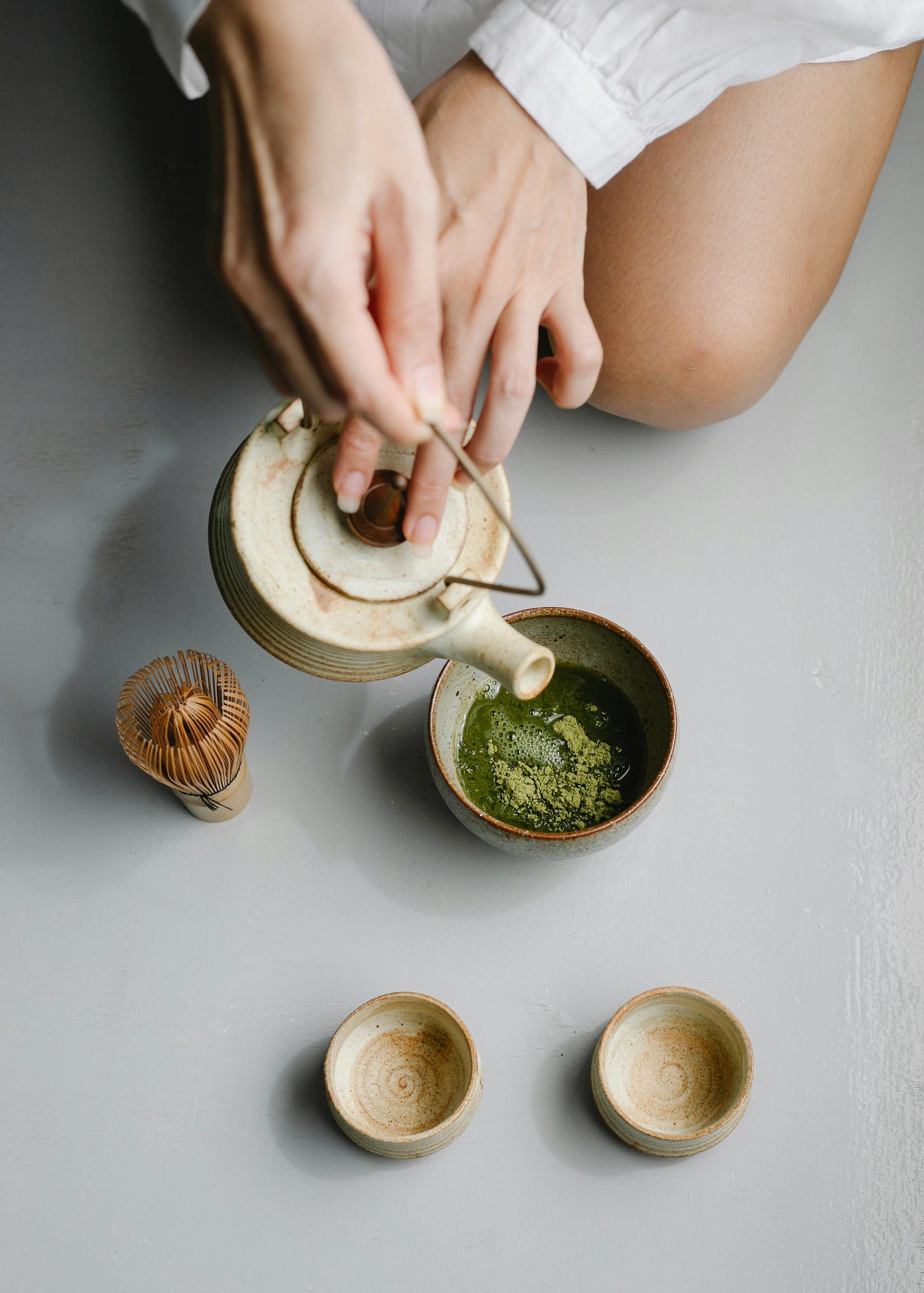Best of both worlds: science-backed innovation and timeless traditions
One of the most enduring health systems in history is Chinese medicine, which has guided millions for thousands of years toward balance and longevity.
The Core Idea: Harmony Over Quick Fixes
In Chinese medicine, health isn’t measured by the absence of disease but by the balance of body, mind, and environment. Central concepts like yin and yang (the interplay of opposites) and qi (vital energy) remind us that well-being is dynamic. When energy flows freely, we thrive. When it’s blocked or depleted, imbalance shows up. whether as fatigue, poor digestion, or stress.
Food as Medicine
One of the most practical lessons we can borrow is the philosophy of using food as medicine. Chinese medicine emphasizes seasonal, whole foods that nourish and restore balance. This connects well with our fermentation-focused recipes and nutritional approach: simple, natural foods that support gut health and energy.
Movement with Purpose
Practices like tai chi and qigong are centuries-old examples of movement not as punishment, but as a way to restore vitality, calm the mind, and build resilience. They mirror our philosophy of movement with purpose, leaving you stronger, more energized, and less stressed.
Modern Science Meets Tradition
While acupuncture or herbal formulas may seem far removed from clinical trials, modern research increasingly validates their benefits, from reducing stress and inflammation to supporting metabolic health. This is a proof that ancient wisdom and modern science can complement each other, helping us build sustainable practices for longevity.
What We Can Learn Today
You don’t have to become an expert in Chinese medicine to benefit from its insights. Instead, you can embrace its principles in small, practical ways:
Choose foods that restore balance rather than create extremes.
Prioritize gentle, mindful movement.
View health as harmony: body, mind, and habits working together.
Would you like me to keep this short and inspirational (like above), or expand it into a longer deep-dive piece with more science references and practical takeaways (e.g., examples of herbs, studies on tai chi, fermentation parallels)?
Also we have a community on Instagram, follow us there if you like!
With health and love,
Miral & Adam
Team Naia



This resonates so much 🤍 Harmony over quick fixes feels like the lesson we all need right now. Thank you for weaving ancient wisdom with modern science so beautifully.